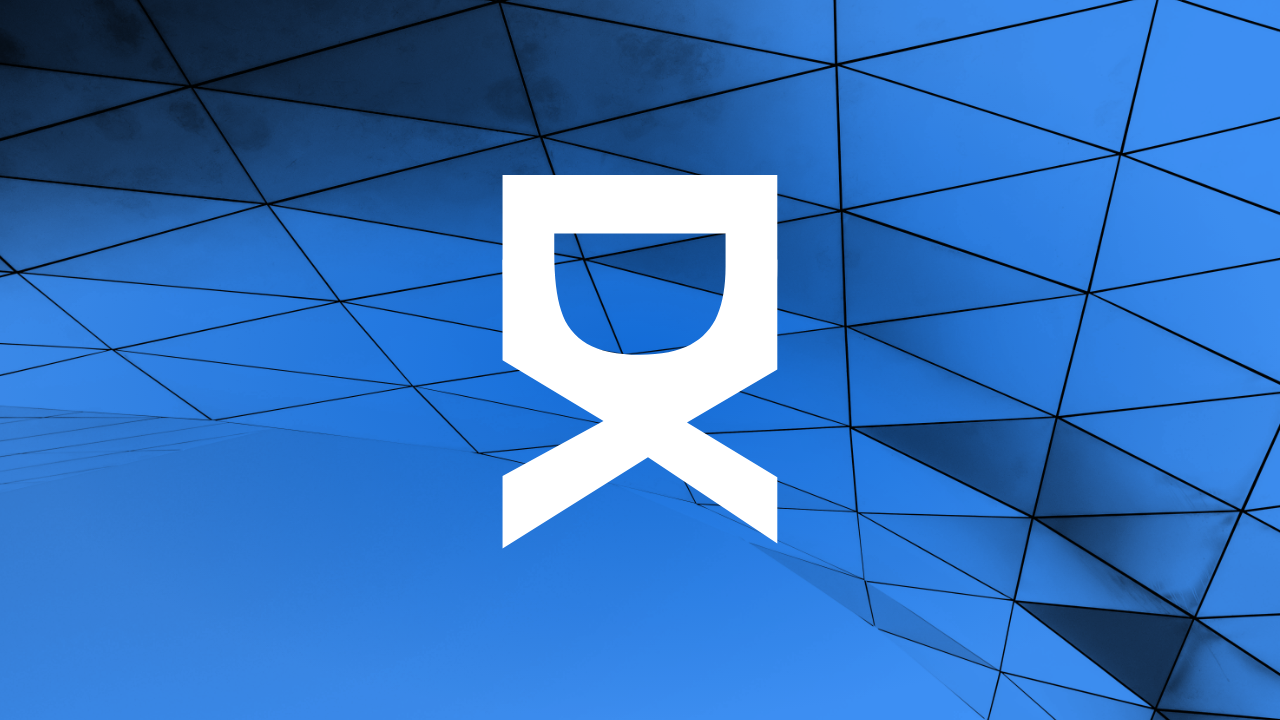Best Web Development Frameworks in 2024
As we forge ahead into 2024, the landscape of web development continues to evolve, bringing forward new challenges and opportunities. Choosing the right web development framework is crucial as it can significantly influence the functionality, scalability, and success of your projects. Whether you're building a dynamic single-page application, a complex enterprise-level platform, or simply enhancing an existing website, the choice of framework can dictate the ease of development, available features, and overall project trajectory. In this article, we delve into the best web development frameworks of 2024, offering insights and comparisons to help developers make informed decisions.
Understanding Web Development Frameworks
Before diving into the specifics, it's important to understand what a web development framework is. Essentially, it’s a set of tools, libraries, and guidelines that developers use to build and manage web applications efficiently. Frameworks provide a foundation on which software developers can build programs for specific platforms. This makes creating applications faster and more straightforward, ensuring that you don't have to reinvent the wheel for each new project.
Criteria for Selecting a Framework
When evaluating web development frameworks, several factors come into play. Performance, community support, flexibility, learning curve, and compatibility with other tools are essential criteria to consider. Additionally, the future scope, security features, and documentation available for the framework are also crucial in decision-making. Now, let’s explore the top contenders in the field of web development for 2024.
Top Web Development Frameworks in 2024
1. React.js
React.js continues to dominate the landscape of web development with its powerful features and robust ecosystem. Developed by Facebook, React is ideal for building dynamic user interfaces and its component-based architecture makes the development process highly scalable. In 2024, React’s vast libraries and tools, coupled with a strong community, make it an excellent choice for developers looking to build interactive, state-of-the-art web applications.
2. Angular
Angular, maintained by Google, is a comprehensive framework designed for efficiency and performance. Its two-way data binding feature ensures real-time synchronization between the model and the view, while its dependency injection boosts performance. Angular is widely adopted in enterprise-scale applications, and with constant updates from Google, it remains at the forefront of web development technologies.
3. Vue.js
Vue.js has gained significant popularity due to its simplicity and flexible design. It’s straightforward to integrate or migrate from other frameworks, making it a strong candidate for developers looking for a progressive framework that is easier to understand and adopt. Vue.js is particularly appreciated for its detailed documentation and supportive community, making it accessible to both beginners and professional developers.
4. Django
For developers who work with Python, Django is often the framework of choice due to its "batteries-included" approach. This robust framework includes built-in features for everything from authentication to messaging. Django encourages rapid development and clean, pragmatic design, making it suitable for developers with tight deadlines and high standards.
5. Ruby on Rails
Ruby on Rails (Rails) is renowned for its ‘Convention over Configuration’ philosophy which reduces the number of decisions a developer needs to make, thereby speeding up the development process. Rails also supports the active record pattern, has strong security features, and a massive library of plugins which enhance its functionality significantly.
6. Express.js
Part of the popular MEAN stack, Express.js is a minimal and flexible Node.js web application framework that provides a robust set of features for web and mobile applications. It facilitates the rapid development of Node-based applications and is ideal for those looking to work within a JavaScript-based environment across the full stack.
Conclusion
As web technology evolves, so do the frameworks that support it. The best framework for your project in 2024 will depend on your specific requirements, team expertise, and the nature of the project. React.js, Angular, and Vue.js continue to be popular for frontend development, while Django and Express.js provide robust solutions for back-end programming. Each framework offers unique advantages and continues to evolve with the developer community's needs. By keeping up-to-date with the latest updates and considering the outlined factors, you can select a framework that best meets the needs of your development projects.
Future Trends
As we continue into the future, AI integration, real-time applications, and modular design principles are likely to shape the development of web frameworks. Developers will need to stay informed and adaptable to keep up with changes in technology and framework capabilities.

